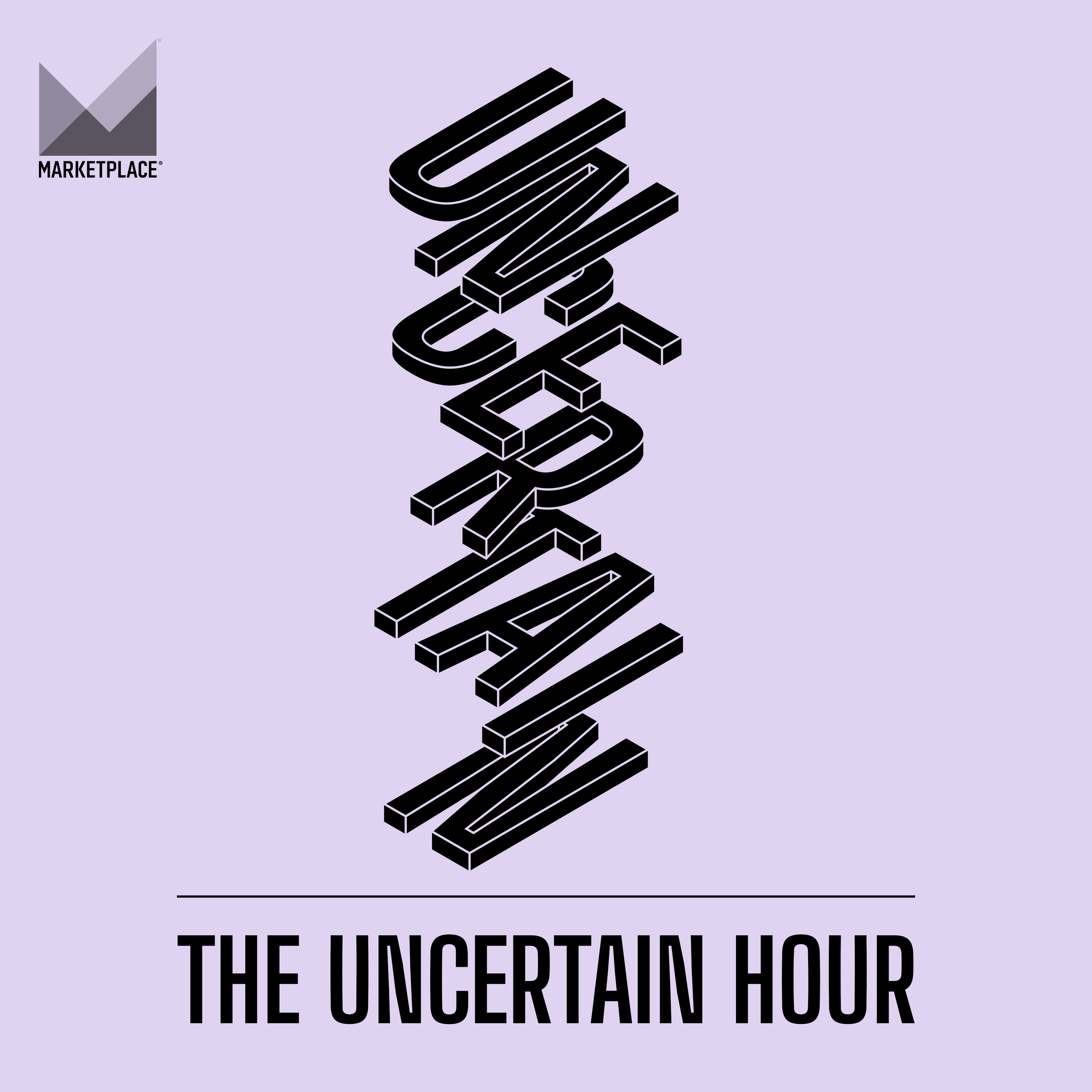Chapter 2: The compliance machine
Podcast: The Uncertain HourPublished On: Wed Mar 29 2023
Description: A single mother of two in Chicago was working and taking classes to become an addiction counselor when her life fell apart. The father of her youngest child assaulted her so badly it put her in the hospital. Worried for her safety and the safety of her children, she fled to Milwaukee and signed up for welfare, hoping it would live up to the promise of providing employment and self-sufficiency.Instead, she ended up in a Kafkaesque maze of “work activities” that didn’t lead to a real job or independence. When her life hits another crisis, things really start to fall apart.Host Krissy Clark examines the roots of this cookie-cutter regime and discovers that a fundamental part of the problem lies in how the federal welfare reform bill measures success– in a way that has little to do with whether the program is helping participants gain family-sustaining employment.Give today to help cover the costs of this rigorous reporting. Every donation makes a difference!https://support.marketplace.org/uncertain-sn
The note was deleted
The note was saved
Your message was sent
